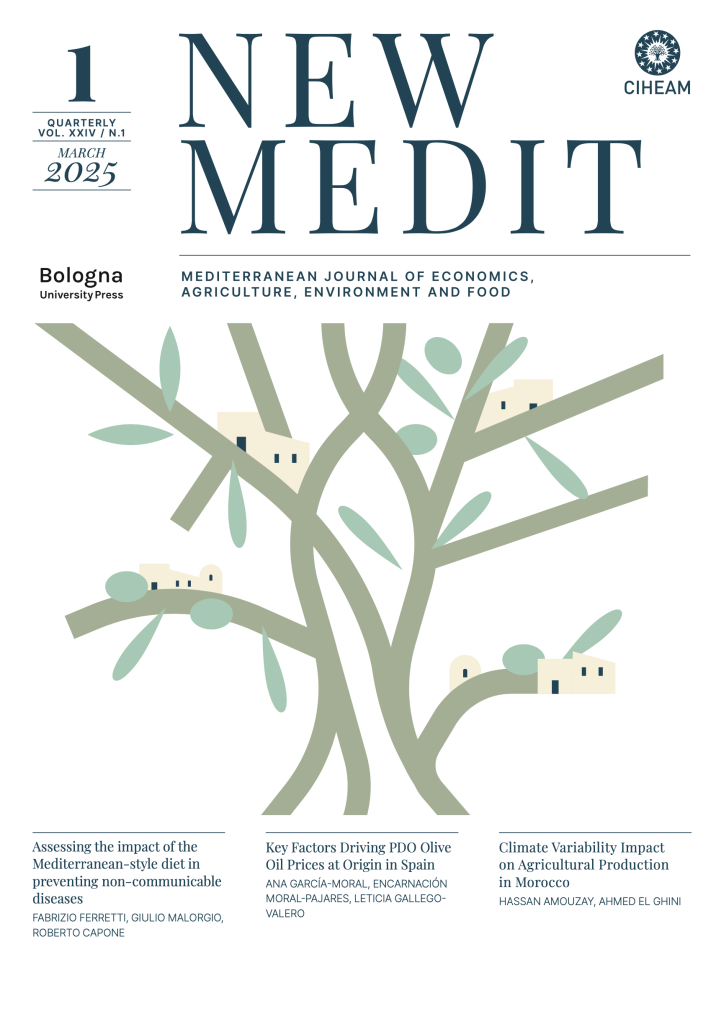Contribution à l’étude de l’allocation optimale des zones de parcours en milieux arides du sud-est de la Tunisie: cas du bassin versant d’Oum Zessar
New Medit, vol 7, n. 3, (September 2008), pp. 48-55
Language: FR
Jel classification: Q140, Q250
Over the last forty years, the arid and semi-arid zones of southern Tunisia have experienced a remarkable and rapid evolution of its agrarian systems, production systems and modes to use and manage its natural resources. Hence, in grazing areas pressure became stronger and pastoral systems are nowadays menaced. The main objective of this study is to set up a management approach based on the control and planning of the optimal allocation of rangelands in arid zones. The Oum Zessar watershed (south-eastern Tunisia) is the case study area. The model results led to the definition of a series of optimal solutions for an efficient allocation of rangeland areas. By comparing the optimal values with the real situation, it appears that the real rangeland surface is lower than the optimal level during the considered time span. This shows the detriment of rangeland surfaces to the profit of cultivated areas due to the actions taken by the water and soil conservation program. The agricultural intensification following these strategies reflects a trend towards the artificialization of fragile areas and towards the natural resources overexploitation, representing an alarming situation that threatens the pastoral inheritance and puts in doubt the sustainability of the animal rearing activity that is one of the main components of the agro-pastoral production system in the arid zones of southern Tunisia.
rangeland cultivation, water and soil conservation, land privatization, overgrazing, preservation of grazing areas, model of optimal control











